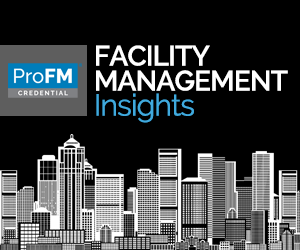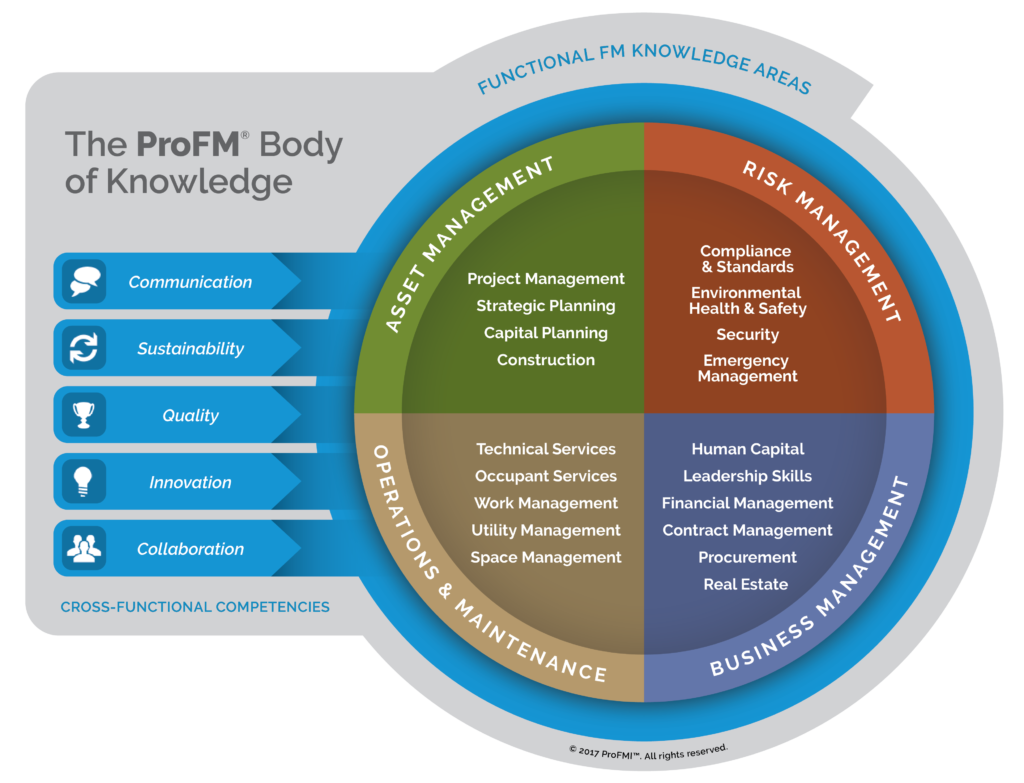The Changing Landscape: The Future of Facility Management & Healthcare Post-Pandemic

Facility management in the healthcare industry is always evolving to keep up with new technologies, health standards and more – but with the addition of a global pandemic, even the parts of the industry that seem to stay the same must change. So, what will healthcare FM look like in the coming years? Kylash Ramesh, Management Analyst at the National Institutes of Health and ProFMI Commission Member, sees the industry changing in three key ways.
First, Ramesh predicts there will be a rise in automated facility assets like doors, faucets, soap dispensers and more to help organizations reduce points of physical contact and prevent illness spread. He adds that it will be essential for facility professionals to maintain an accurate inventory of existing assets and points of contact to ensure transitions to new equipment or maintenance on old equipment remains safe and efficient.
Second, there will likely be a rise in the adoption of organization-wide Integrated Workplace Management Systems (IWMS) and Building Automation Systems (BAS). Both of these emerging technologies will allow facility managers to more efficiently coordinate with other disciplines like HR and healthcare providers to access and maintain data on all building and healthcare assets, as well as the IoT sensors tied to these assets across the workplace environment. FM teams must ensure they understand and adapt to these new technological facets of their roles.
Third, as a more direct effect of the virus, FMs in some organizations may be asked to take on more of a “safety” role, in addition to their existing duties. These expanded roles could include everything from conducting coronavirus testing to contact tracing, and other virus tracking for their organizations. With FMs’ existing ties to housekeeping, space management and emergency management, Ramesh predicts the burden of coronavirus management also may fall on the facilities department. Unfortunately, many FMs typically do not have access to the appropriate training needed to combat a novel virus.
So, as FMs in healthcare pivot to accommodate these new duties and technological changes, how can they ensure they have the knowledge and skills to do so effectively? “To prepare for the changing industry, FMs in healthcare will need to invest in training in critical areas like Risk Management, especially for compliance and standards, environmental health and safety and emergency management,” Ramesh said.
From his role as a ProFMI Commission member, Ramesh points to the ProFM Credential Program as providing training on all these topics and more. It is an all-in-one solution for FMs in healthcare and beyond.

Click to learn more about the ProFM Credential Program’s training on risk management, collaboration and more.


